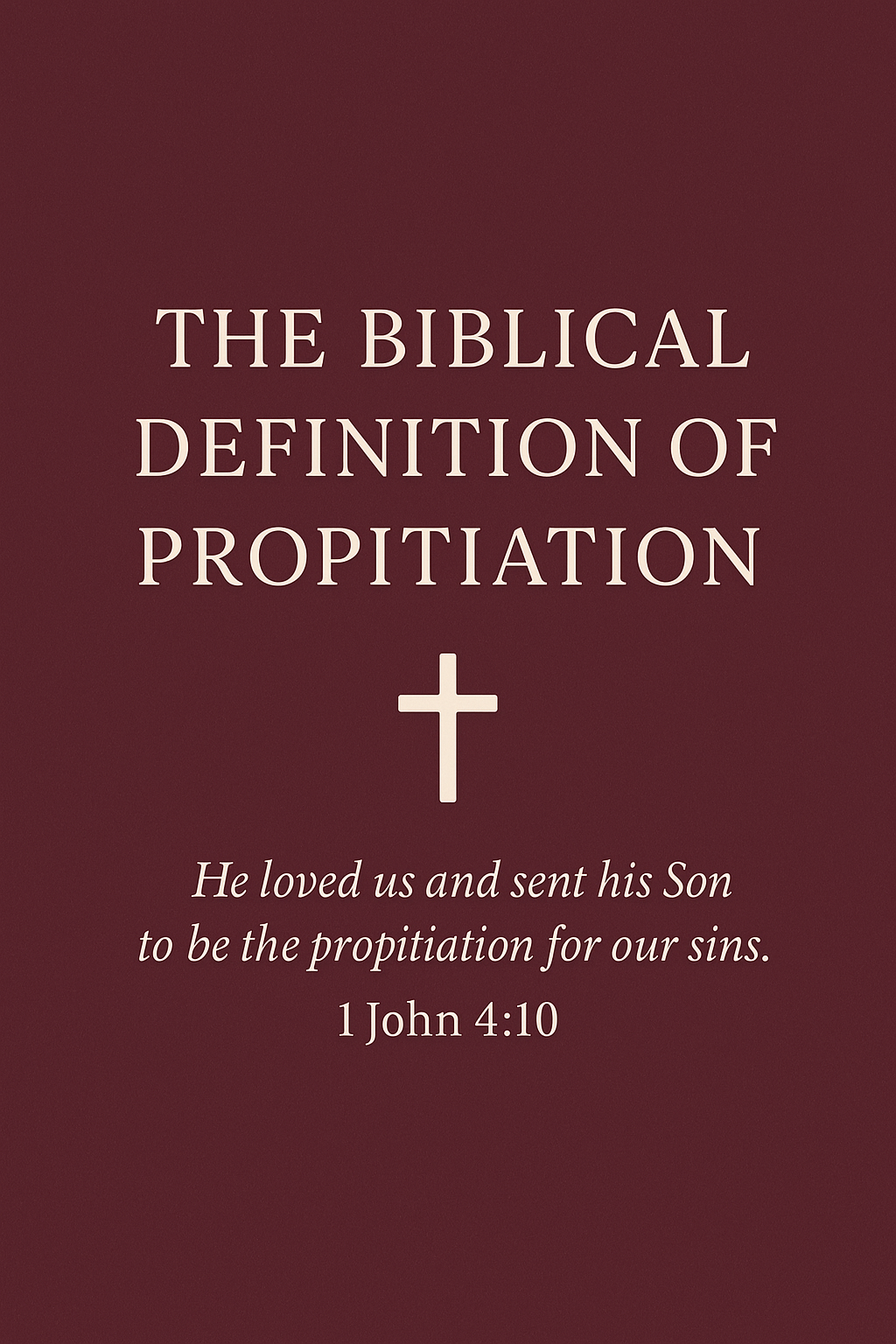The Biblical Definition of Love: Exploring God’s Greatest Command
The biblical definition of love is one of the most profound and frequently discussed themes in Scripture, serving as the cornerstone of Christian faith and practice. Yet, the biblical definition of love stands in stark contrast to common cultural understandings, which often reduce love to fleeting emotions, physical attraction, or personal fulfillment. In Scripture, love is much deeper—rooted in the very nature of God and demonstrated through selfless action, enduring commitment, and sacrificial service.
What Is Love? The Bible’s Foundational Definition
The Bible’s most famous and comprehensive description of love appears in 1 Corinthians 13:4-7:
“Love is patient, love is kind. It does not envy, it does not boast, it is not proud. It does not dishonor others, it is not self-seeking, it is not easily angered, it keeps no record of wrongs. Love does not delight in evil but rejoices with the truth. It always protects, always trusts, always hopes, always perseveres.”
This passage, often called the “Love Chapter,” reveals that biblical love is not a feeling but a set of actions and attitudes. It is characterized by patience, kindness, humility, forgiveness, and perseverance. Unlike worldly love, which can be conditional or self-serving, biblical love is unconditional and self-sacrificing.
The Greek Words for Love in the Bible
The New Testament, originally written in Greek, uses several words to describe different kinds of love. Understanding these terms helps clarify the Bible’s unique perspective:
Agape: Divine, unconditional, selfless love (e.g., John 3:16; 1 Cor. 13)
Philia: Brotherly, friendship love (e.g., Romans 12:10)
Eros: Romantic, passionate love (e.g., Song of Solomon)
Storge: Familial, natural affection (e.g., Romans 12:10)
Of these, agape is the most significant in Christian theology. It describes God’s love for humanity and the kind of love believers are called to show others.
Love as the Essence of God’s Character
The Bible boldly declares, “God is love” (1 John 4:8). This means that love is not merely one of God’s attributes; it is the very essence of His being. All of God’s actions flow from His loving nature, and every command He gives is rooted in love.
God’s Love for Humanity
God’s love is most powerfully demonstrated in the life, death, and resurrection of Jesus Christ:
“For God so loved the world that he gave his one and only Son, that whoever believes in him shall not perish but have eternal life.” (John 3:16)
“Greater love has no one than this: to lay down one’s life for one’s friends.” (John 15:13)
God’s love is sacrificial—He gave His Son for us, even when we did not deserve it (Romans 5:8). It is unending and unconditional, not based on our worthiness but on His character.
The Command to Love: The Greatest Commandment
When asked about the greatest commandment, Jesus replied:
“‘Love the Lord your God with all your heart and with all your soul and with all your mind.’ This is the first and greatest commandment. And the second is like it: ‘Love your neighbor as yourself.’ All the Law and the Prophets hang on these two commandments.” (Matthew 22:37-40)
This twofold command reveals that love is the foundation of all biblical ethics. Loving God wholly and loving others selflessly are inseparable. True biblical love is always directed both vertically (toward God) and ** horizontally** (toward others).
Love in Action: More Than Words
Biblical love is not merely spoken but demonstrated through concrete actions:
“This is how we know what love is: Jesus Christ laid down his life for us. And we ought to lay down our lives for our brothers and sisters. … let us not love with words or speech but with actions and in truth.” (1 John 3:16-18)
Love is generous, practical, and active. It seeks the good of others, even at personal cost. This is the essence of agape—to will and work for the good of another, regardless of their response or merit.
The Qualities of Biblical Love
Let’s break down the key qualities found in 1 Corinthians 13 and elsewhere:
Patient: Endures hardship and waits without complaint.
Kind: Acts with compassion and gentleness.
Not envious: Rejoices in the blessings of others.
Not boastful or proud: Remains humble, giving credit to God.
Not rude or self-seeking: Honors others above self.
Not easily angered: Controls temper, forgives quickly.
Keeps no record of wrongs: Does not hold grudges.
Does not delight in evil: Rejoices in truth and righteousness.
Always protects, trusts, hopes, perseveres: Never gives up on others.
The Relationship Between Love and Obedience
A frequently overlooked aspect of biblical love is obedience to God’s commands:
“This is love for God: to obey his commands. And his commands are not burdensome.” (1 John 5:3)
“Whoever has my commands and keeps them is the one who loves me.” (John 14:21)
True love for God is expressed through obedience. Loving God means aligning our lives with His will, not merely feeling affection for Him.
Love Refined: God’s Discipline and Holiness
God’s love is not indulgent or permissive. It is refining—He disciplines those He loves to shape them into Christlikeness (Hebrews 12:6). Biblical love seeks the highest good, which is always aligned with God’s holiness and truth.
Love’s Ultimate Example: Jesus Christ
Jesus is the perfect embodiment of God’s love. He loved the outcast, forgave sinners, healed the sick, and ultimately gave His life as a ransom for many. His sacrificial death on the cross is the supreme demonstration of agape love.
“But God demonstrates his own love for us in this: While we were still sinners, Christ died for us.” (Romans 5:8)
“Follow God’s example, therefore, as dearly loved children and walk in the way of love, just as Christ loved us and gave himself up for us as a fragrant offering and sacrifice to God.” (Ephesians 5:1-2)
Love in the Christian Community
Jesus said, “By this everyone will know that you are my disciples, if you love one another.” (John 13:35) The early church was marked by radical, self-giving love—caring for the poor, forgiving enemies, and breaking down social barriers.
Paul writes, “Above all, love each other deeply, because love covers over a multitude of sins.” (1 Peter 4:8)
Love and the Fruit of the Spirit
Love is the first fruit of the Spirit listed in Galatians 5:22-23. It is the evidence of God’s work in a believer’s life and the foundation for all other virtues.
The Enduring Nature of Love
Paul concludes 1 Corinthians 13 with these words:
“And now these three remain: faith, hope and love. But the greatest of these is love.” (1 Corinthians 13:13)
Love is eternal. It outlasts all spiritual gifts and will remain at the heart of God’s kingdom forever.
Conclusion: The Call to Biblical Love
The biblical definition of love is radically different from the world’s view. It is selfless, sacrificial, obedient, and enduring. It is rooted in the very nature of God and perfectly revealed in Jesus Christ. As followers of Christ, we are called to embody this love in our relationships with God, with one another, and with the world.
To love biblically is to reflect God’s character, obey His commands, and lay down our lives for others. In doing so, we fulfill the greatest commandment and point others to the source of all true love—God Himself.
Key Biblical References
1 Corinthians 13:4-7, 13
John 3:16
1 John 3:16-18; 4:8-10
Matthew 22:37-40
Romans 5:8
John 15:13
Galatians 5:22-23
1 Peter 4:8
















